Описание
Введение:
Коррозия представляет собой серьезную проблему для отраслей по всему миру, что приводит к неудачам оборудования, рискам безопасности и существенным финансовым потерям. Однако с учетом достижения в области технологий разработка коррозионных зондов произвела революцию в том, как мы контролируем и управляем коррозией. В этой всеобъемлющей статье мы будем углубиться в мир коррозионных зондов, исследуя их различные типы, функции, приложения, принципы и огромную ценность, которую они приносят для обеспечения долговечности и безопасности оборудования.
Типы коррозионных зондов и их функции
- Зонды с электрическим сопротивлением:
Среди наиболее часто используемых коррозионных зондов являются зонды с электрическим сопротивлением. Работая на принципе измерения изменений в электрическом сопротивлении, эти зонды дают бесценную информацию о скоростях коррозии. Они могут быть классифицированы на основе их уровней чувствительности, которые определяют их отзывчивость к различным показателям коррозии. Высокочувствительные зонды, такие как зонд T4, преуспевают в обнаружении низких скоростей коррозии и краткосрочных изменениях. И наоборот, менее чувствительные зонды рекомендуются для средних и высоких показателей коррозии, сосредоточив внимание на поддержании коррозии в приемлемых пределах, а не на быстрое обнаружение процессов.
- Водородные зонды:
Разработанные специально для мониторинга и измерения коррозии, вызванной водородом, водородные зонды играют критическую роль в отраслях, где деградация, связанная с водородом, может иметь серьезные последствия. Эти специализированные зонды дают представление о коррозии, связанной с водородом, что позволяет целевым превентивным мерам для эффективного снижения рисков.
- Пользовательские зонды:
В дополнение к стандартным коррозионным зондам, пользовательские датчики обеспечивают гибкость для адаптации решений для конкретных отраслевых требований. Эти зонды могут быть настроены для размещения различных температур, давлений и условий окружающей среды. Их адаптивность делает их идеальными для мониторинга конкретных параметров или удовлетворения уникальных потребностей применения.
Особенности и преимущества коррозионных зондов
-Мониторинг в режиме реального времени: коррозионные зонды обеспечивают непрерывный мониторинг скоростей и условий коррозии в режиме реального времени. Это обеспечивает упреждающее техническое обслуживание и своевременное вмешательства, предотвращение отказов оборудования и максимизацию эффективности работы.
-Своевременные меры антикоррозии: при тщательно отслеживая коррозионное поведение, зонды способствуют реализации соответствующих антикоррозионных мер в нужное время. Этот проактивный подход сводит к минимуму время простоя оборудования и продлевает срок службы активов.
- Повышенная безопасность: проактивный мониторинг коррозии помогает определить потенциальные риски безопасности, связанные с деградацией оборудования. Обратно решая проблемы коррозии, коррозионные зонды способствуют поддержанию безопасной рабочей среды для персонала.
-Эффективность затрат: коррозионные зонды предлагают экономически эффективные решения путем оптимизации графиков технического обслуживания. Предотвращая дорогостоящие сбои оборудования, они снижают общие расходы на техническое обслуживание и улучшают распределение ресурсов.
-Анализ данных и отчеты: системы коррозионных зондов часто оснащены удобным программным обеспечением для эффективной обработки, анализа и отчетности. Это оптимизирует принятие решений о техническом обслуживании, предоставляя действенную информацию для эффективного управления коррозией.
Применение коррозионных зондов
- Нефтяная и газовая отрасль: коррозия является серьезной проблемой в нефтегазовой отрасли, где трубопроводы, резервуары для хранения и оффшорные сооружения подвергаются воздействию суровых сред. Коррозионные зонды играют жизненно важную роль в мониторинге показателей коррозии, обнаружении потенциальных слабостей в инфраструктуре, а также руководство по техническому обслуживанию и управлению целостностью активов.
- Химическая обработка: Коррозия может привести к утечкам, загрязнению и неэффективности процесса в химических растениях. Коррозионные зонды предоставляют ценные данные о скоростях коррозии, позволяя операторам оптимизировать химические процессы, реализовать эффективные меры контроля коррозии и предотвращать дорогостоящие сбои оборудования.
- Очистка воды: водоснабжение опирается на коррозионные зонды для мониторинга скорости коррозии систем распределения воды, резервуаров для хранения и инфраструктуры обработки. Точное измерение скорости коррозии, эти зонды обеспечивают своевременное обслуживание и применение ингибиторов коррозии для обеспечения качества воды и предотвращения деградации системы.
- Промышленное производство: различные производственные процессы включают в себя коррозийную среду, которая может влиять на оборудование, механизм и конструкции. Коррозионные зонды помогают в мониторинге ставок коррозии, определении потенциальных точек отказа и реализации стратегий предотвращения коррозии для поддержания надежности и эффективности производственных операций.
- Инфраструктура и строительство: коррозионные зонды используются для мониторинга скорости коррозии структурных компонентов в зданиях, мостах и других инфраструктурных проектах. Оценивая уровень коррозии, инженеры и команды по техническому обслуживанию могут принимать обоснованные решения, касающиеся ремонта, технического обслуживания и выбора материалов, обеспечивая долговечность и безопасность критической инфраструктуры.
- Выработка электроэнергии: электростанции, включая ядерное, ископаемое топливо и возобновляемые энергетические средства, полагаются на коррозионные зонды для мониторинга коррозии в трубопроводах, системах охлаждения и критических компонентах. Эффективно выявляя и управляя коррозией, эти зонды способствуют надежности и производительности объектов производства электроэнергии.
Принципы коррозионных зондов
Коррозионные зонды работают на основе принципа измерения изменений в электрическом сопротивлении. При воздействии коррозийных среда металлическая поверхность зонда подвергается истончению коррозии, что приводит к уменьшению площади поперечного сечения и увеличению электрического сопротивления. Измеряя это изменение в сопротивлении, коррозионные зонды дают ценную информацию о скорости коррозии и состоянии контролируемой системы.
Системы коррозионных зондов часто включают элементы компенсации температуры, чтобы учесть влияние температуры на измерения сопротивления. Это обеспечивает точное и надежное определение скорости коррозии, даже в колеблющихся температурных условиях.
Собранные данные из коррозионных зондов могут быть проанализированы и интерпретированы с использованием специализированного программного обеспечения, что позволяет операторам визуализировать тенденции коррозии, генерировать отчеты и принимать обоснованные решения, касающиеся стратегий обслуживания и предотвращения коррозии. Часто задаваемые вопросы:
В: Как часто следует заменять коррозионные зонды?
A: Чтобы ударить правильный баланс между чувствительностью и отзывчивостью, обычно рекомендуется заменить коррозионные зонды каждые 9-12 месяцев.
В: Можно ли настроить коррозионные зонды для удовлетворения конкретных потребностей отрасли?
A: Абсолютно! EMT предлагает специально разработанные зонды, которые могут быть адаптированы для удовлетворения конкретных требований, включая температуру, давление и условия окружающей среды. Эти зонды предоставляют персонализированные решения для различных промышленных приложений.
Заключение
Коррозионные зонды стали незаменимыми инструментами в борьбе с коррозией. Благодаря их способности обеспечить мониторинг в реальном времени, обеспечить своевременные антикоррозионные меры, повысить безопасность, обеспечить экономическую эффективность и облегчить анализ данных и отчетность, зонды коррозии играют решающую роль в предотвращении сбоев оборудования, максимизировании эффективности работы и поддержании безопасной рабочей среды. EMT, ведущий поставщик решений для мониторинга коррозии, предлагает широкий спектр коррозионных зондов, которые дают надежные и точные результаты в различных отраслях.
В заключение, коррозионные зонды являются незаменимыми активами в борьбе с коррозией. Благодаря своим возможностям мониторинга в режиме реального времени они дают возможность отраслям активно решать проблемы коррозии, внедрять своевременные меры по борьбе с коррозией и обеспечивать безопасность и долговечность оборудования. Коррозионные зонды EMT, известные своей точностью и надежностью, обеспечивают эффективное решение для мониторинга и профилактики коррозии. Инвестируя в коррозионные зонды, предприятия могут защищать свои активы, оптимизировать стратегии технического обслуживания и снизить затраты, связанные с сбоями оборудования. Оставайтесь на шаг впереди коррозии с передовыми решениями по коррозии EMT и испытайте душевное спокойствие, которое связано с эффективным управлением коррозией.

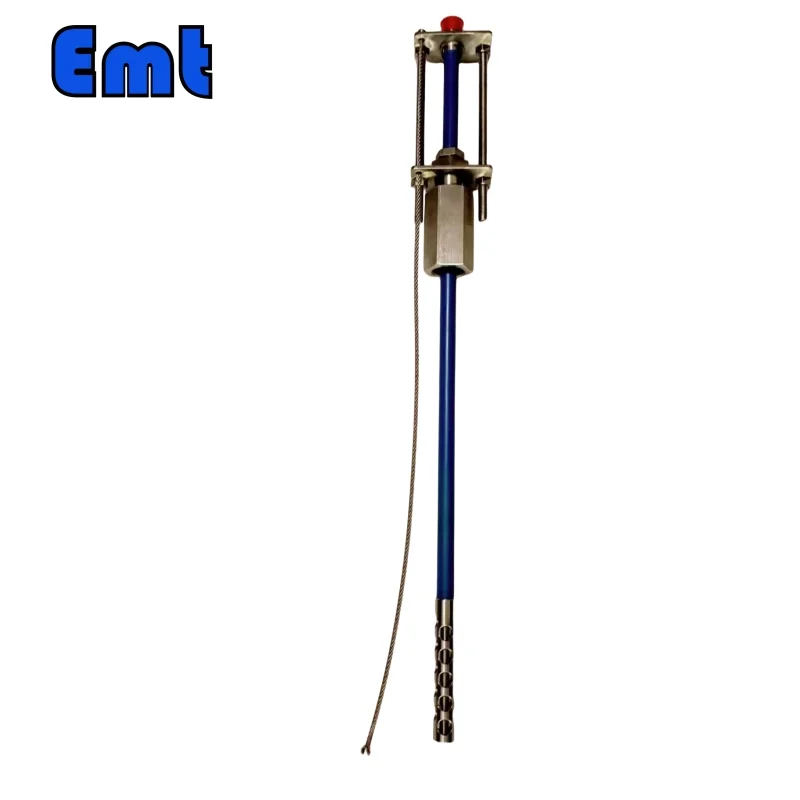
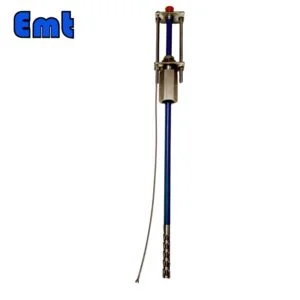
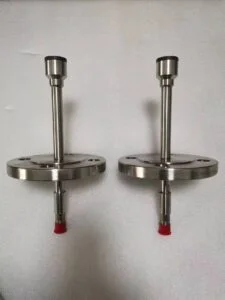
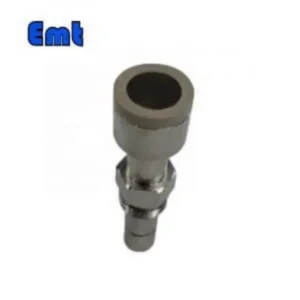
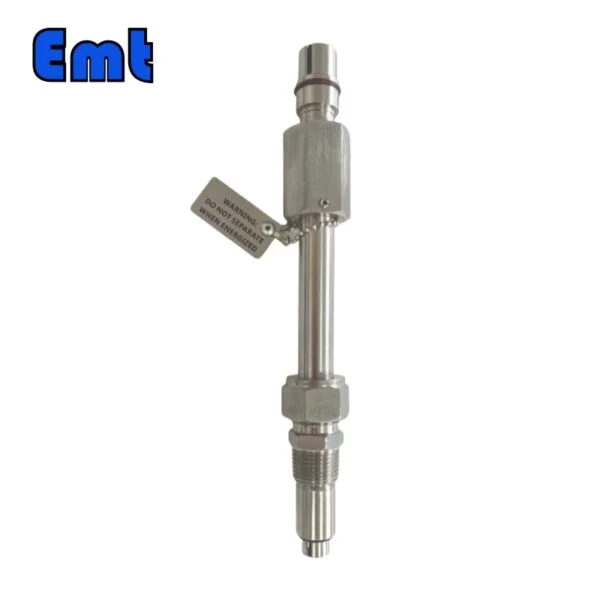
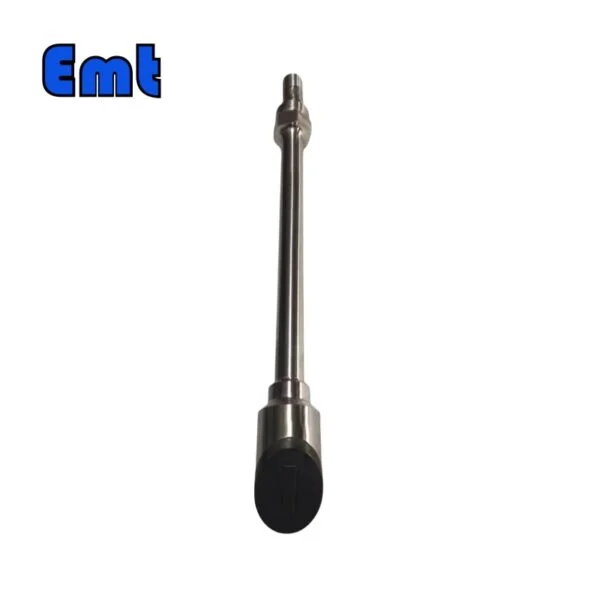
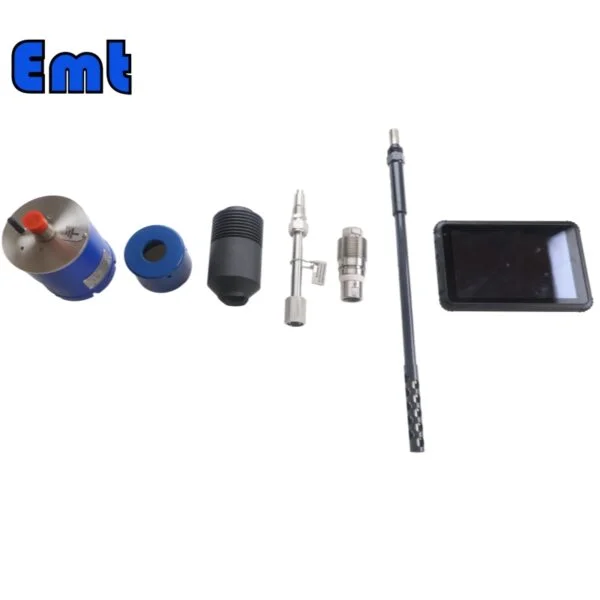
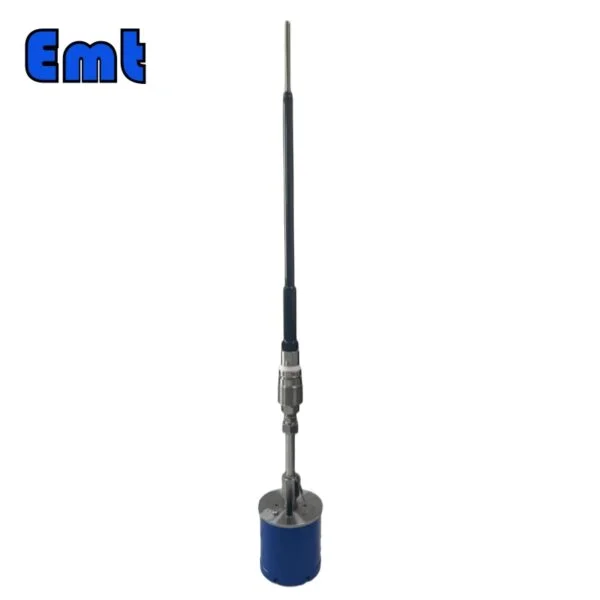
Отзывы
Пока нет отзывов.